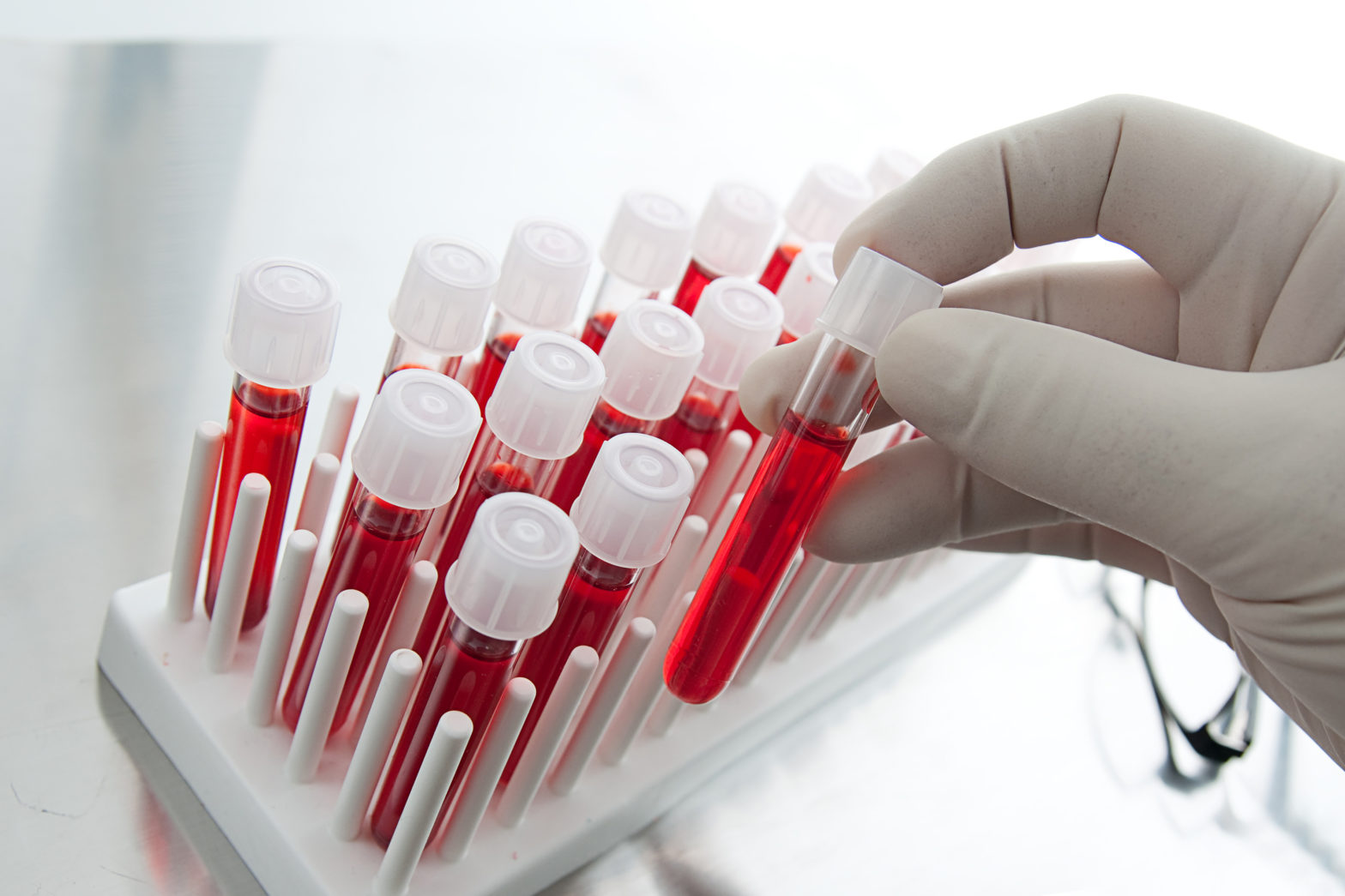Preventive Healthcare
LDH Test: How To Use It To Help You Become Healthier and Stronger
12035 Views
0

The LDH test is a blood test that measures the levels of lactate dehydrogenase (LDH) in your blood. LDH is an enzyme that helps to convert lactate to pyruvate, which is then used by your cells for energy. So, a person should have a higher LDH level if they have more lactate in their blood. The LDH test helps to diagnose and monitor conditions that cause high levels of lactate in the blood, such as cancer, heart disease, and liver disease. One can do this test to check for side effects of certain medications.
What is an LDH Test?
The LDH test is a blood test that determines the quantity of lactate dehydrogenase (LDH) in your blood. LDH's function is to change lactate into pyruvate, which provides energy for cells.
What is The Purpose of The LDH Test?
The LDH blood test is used to help diagnose and monitor conditions that cause high levels of lactate in the blood, such as cancer, heart disease, and liver disease. It can also be used to check for side effects of certain medications so that the dosage can be adjusted accordingly. During the LDH test, the healthcare professional will take a blood sample from you and send it to a lab for analysis. The results of your LDH test can help your doctor understand what's going on with your health and make decisions about your treatment.
Why is The LDH Test important?
The LDH blood test is essential because it can help to diagnose various conditions, such as heart disease, liver disease, and certain types of cancer. It can also help to monitor the progress of these conditions. A person should take the LDH test if they have symptoms of high lactate levels, such as fatigue, muscle weakness, and nausea. The LDH test may also be used to monitor for adverse reactions to drugs. After the age of 50, both men and women should take the LDH test every five years as part of a routine health checkup to detect any health conditions early. It's always better to take a test and diagnose a disease than to wait for its symptoms to appear.
What is The Normal Range for The LDH Test?
LDH test normal range is 100 to 280 units per litre (U/L). However, this may vary depending on the laboratory that is used. If a person has more than 190 units of LDH per litre, it may be a sign of a condition causing high levels of lactate in the blood. It can cause a person to feel fatigued, have muscle weakness, and experience nausea. If the LDH test results are abnormal, it is essential to follow up with a doctor to determine the cause.
What are The risks Associated With The LDH Test?
There are minimal risks associated with the LDH test. However, as with any blood test, there is a small risk of bruising, bleeding, or infection at the needle's insertion site. In addition, some people may experience dizziness or lightheadedness after having their blood drawn. So, if a person decides to go for an LDH test, they should be sure to tell the doctor or nurse if they have any concerns related to the test. Having a higher-than-normal LDH test means you have some type of tissue damage from an injury, disease, or infection—whether chronic or acute. Conditions that cause high LDH levels include anaemia.
What Should People Do Before Having an LDH Test?
A person should not eat or drink anything for at least six hours before the test and should also avoid taking any medication, such as painkillers, for at least six hours before the test. In addition, the person should fast for at least 12 hours before the test if their doctor has instructed them to do so, and do not ignore these instructions. Fasting for the LDH test is essential because it can help to ensure accurate results.
How is The LDH Test Performed?
The LDH test is a simple blood test. A sample of your blood will be taken from a vein in your arm. The doctor or nurse will insert a needle into your arm and draw the blood into a syringe or vial. After that, the needle is removed, and a cotton ball or Band-Aid is placed over the area where the needle was inserted. The LDH test usually takes less than 30 minutes to complete. It is a little painful, but not much.
What are The Results of The LDH Test?
The LDH test results will be available within a few days. The results will be either normal or abnormal. If the results are abnormal, it is essential to follow up with a doctor to determine the cause. Then a person should visit a doctor to learn about high LDH levels and what can be done to treat them. Most importantly, don't ignore the test results.
Conclusion
In this article, we have discussed the LDH test in detail. We have also asked some essential questions about this test. A person should take the LDH test if they have symptoms of high lactate levels, such as fatigue, muscle weakness, and nausea. The LDH test may also be used to monitor for adverse reactions to drugs. If you have any further questions about this test, then you should visit a doctor so that he can guide you in a better way.























 WhatsApp
WhatsApp